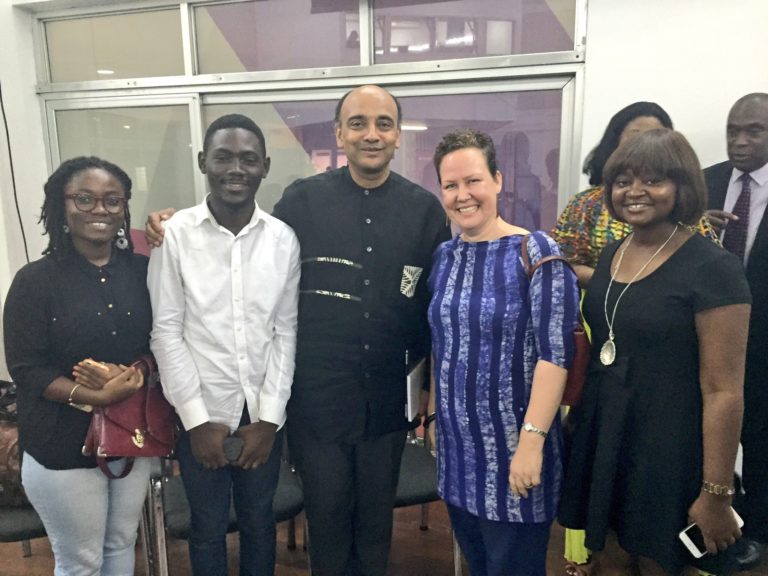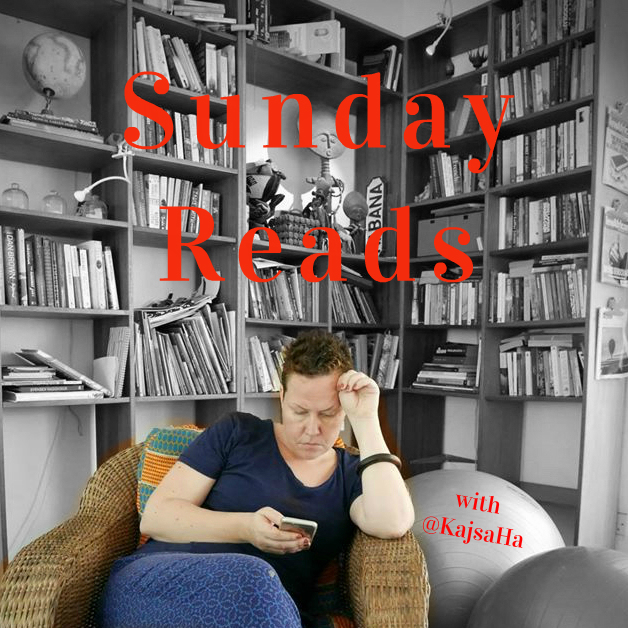Short answer: No. Change can come gradually.
Long Answer: I have always been a very careful person. I do not climb trees, I watch my step, I avoid scary places and movies. So when it comes to the issue of revolution, because that is what the implied-to-in-this-heading-Arab-spring was, I feel we should thread with care. Maybe this is why I, a foreigner in Ghana now on my fifth year in the country, merge so well with the Ghanaian population. My feeling is that Ghanaians are also careful, balanced and not in a hurry to start any revolution any time soon. Revolutions are risky. Upheaval of central state structures causes major confusion and sometimes violence.
My reasons for being cautious is probably some mixture of nature and nurture that you have to ask my parents about, but Ghana’s, I think, is due to these three reasons.
1. Free Speech
Contrary to the North African and Arab countries, in Ghana, there is an opportunity to speak freely. Freedom house deems Ghana “free”. This is a chief requirement for any democracy. As an example, Transparency International /Ghana Integrity Initiative’s Vitus Azeem can ask the President to justify the dismissal of the Attorney General. The other day we became aware Anas Aremeyaw Anas can expose a state company’s corrupt practices. We cannot control what happens next, but being able to ask the question without repercussions is vital.
A side effect to free speech is that anger rarely builds up. Face it, a revolution takes a lot of energy, and that energy is many times fueled by anger.
2. Expectations on state
BBC in their write up on the topic suggests:
Today, ordinary citizens are demanding more of their governments than they have ever done before – and they are refusing to accept any form of mediocrity.
I disagree. In Ghana, despite the ever-present question “what will the government do about this?” , Ghanaians do not expect much from the state. Much like in the rest of the West African region, amenities like water, electricity, infrastructure as well as social deliverables such as some level of health care, education and security, we do not expect the state to provide, but rather help ourselves.
We buy our own water, we sit in the dark with battery driven lamps, we fill the pot holes on the road. We hope to work where we get private health insurance, we send our children to private school and build fences around our houses. Some even hire a guard.
I think for the oil producing, actually quite rich country of Nigeria, the one thing Nigerians expected from their government was fuel subsidies needed to run their generators, for transport and for running most businesses when electricity on the grid, like the rest of the world enjoys, is a dream. When that was taken away, there was a protest. Yes, I know they said they protested against corruption too, but really that is nothing new and it had not made them take to the streets in numbers before.
3. Religion
The role of religion has been debated for the Arab Spring. The democratic deficit in the Arab countries have often been associated with the Islamic belief that belief and politics are one. I have read a bit here and there, but cannot be sure of the role religion had in the Arab Spring. Read more about the complexity of this question and how it varies between the Arab countries in this article on religion and transition to democracy concerning the Arab Spring by Hamdi Hassan.
However, the influence of religion in Ghana – and possibly in other West African states – seem to further cool sentiments and depoliticize human existence. (Yes, I am thinking very much in the wakes of Marx here). It seems the Ghanaian road to change will not be led by the church.
To conclude my argument, see this Tweet (now when I know how to re-post them, I can’t help myself) for instance.
[blackbirdpie url=”https://twitter.com/#!/DonaldWardGh/status/161783463018631168″]
An “Occupy” movement in Ghana – Osu is an area in central Accra – is laughable. “Enye easy” or “it isn’t easy” is exclaimed, much like it is used in daily speech – as to say “life in Ghana is not always easy, but let’s not hinge on that. Let’s cool down, let’s be careful, let’s meet the change slowly”.
BBC launches its new program The Africa Debate with a, thats right, debate in Accra “Is an African Spring Necessary?” on Friday 27 January 2012.



